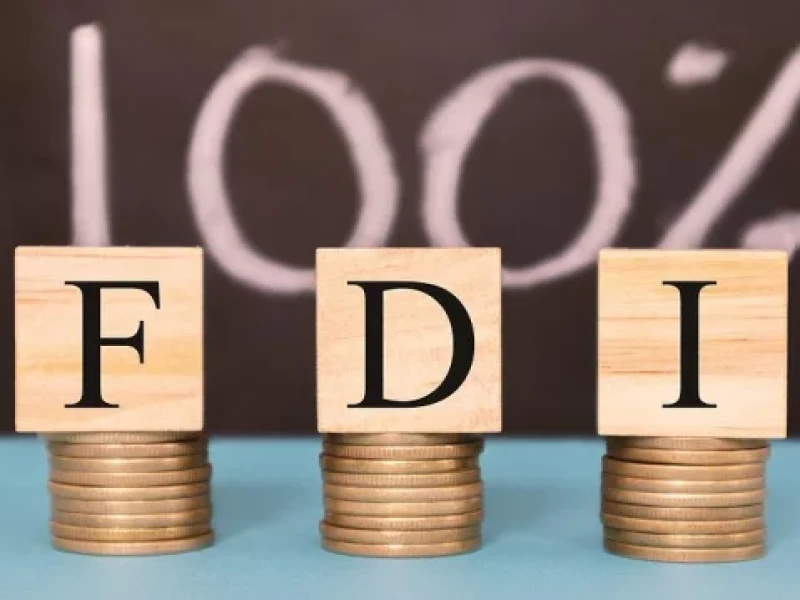Bangladesh has recorded a remarkable 19.13 percent growth in foreign direct investment (FDI) during the first year following the mass uprising, setting a rare global precedent that defies conventional economic trends.
According to recently released economic statistics, the country’s FDI growth in the aftermath of a major political transformation stands in stark contrast to the global pattern, where nations typically experience a sharp decline in foreign investment following similar upheavals.
Bangladesh, however, has emerged as a unique exception to that rule.
A World Bank analysis revealed that in recent years, most countries that have witnessed mass uprisings suffered substantial drops in FDI within the following year.
For instance, FDI in Sri Lanka (after 2022) fell by 19.49 percent, in Chile (after 2019) by 15.68 percent, in Sudan (after 2021) by 27.60 percent, in Ukraine (after 2014) by 81.21 percent, in Egypt (after 2011) by 107.55 percent, and in Indonesia (after 1998) by as much as 151.49 percent.
Against this backdrop of consistent decline elsewhere, Bangladesh’s 19.13 percent increase in FDI stands as a striking reversal, reflecting both the stability of its post-uprising economy and the growing confidence of the international community in its investment climate.
Speaking on the development, Ashik Chowdhury, Executive Chairman of the Bangladesh Investment Development Authority (BIDA) and a minister of state, said, “Bangladesh’s greatest strength lies in its extraordinary ability to bounce back against all odds. This statistic is a splendid reflection of that resilience. Usually, foreign investment drops drastically after an uprising — but in our case, it’s the opposite.”
He credited the country’s performance to a combination of well-calibrated economic policies and the concerted efforts of key institutions, according to a media release.
“From setting the right economic policies to the sincere commitment of organisations like Bangladesh Bank and the National Board of Revenue, alongside the indomitable spirit of our private sector — this has been a collective achievement. We have always made every effort to assist investors. Not every problem has been solved, of course, but there has been no lack of goodwill,” he remarked.
Chowdhury added that BIDA will soon publish a comprehensive year-end report detailing its activities and outcomes.
Economists view this exceptional growth as a positive signal for Bangladesh’s long-term prospects, noting that political transitions often test investor confidence. The country’s ability to maintain — and even expand — foreign investment amid such a backdrop, they say, underscores its resilience and the maturing stability of its economic institutions.


 Prev Post :
Prev Post :
